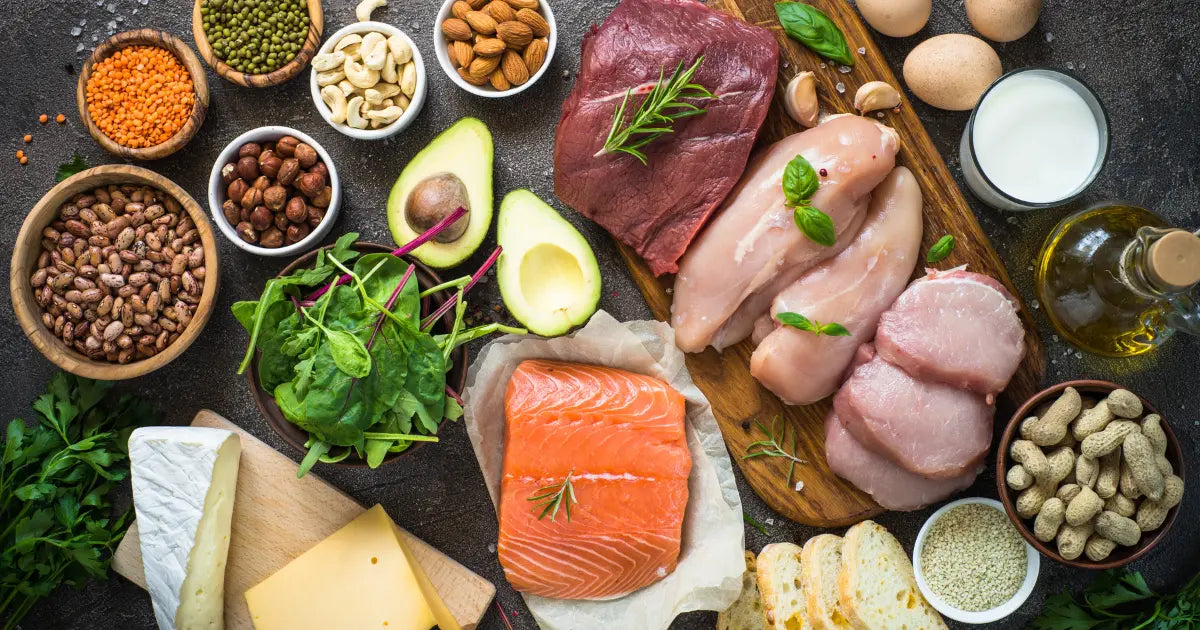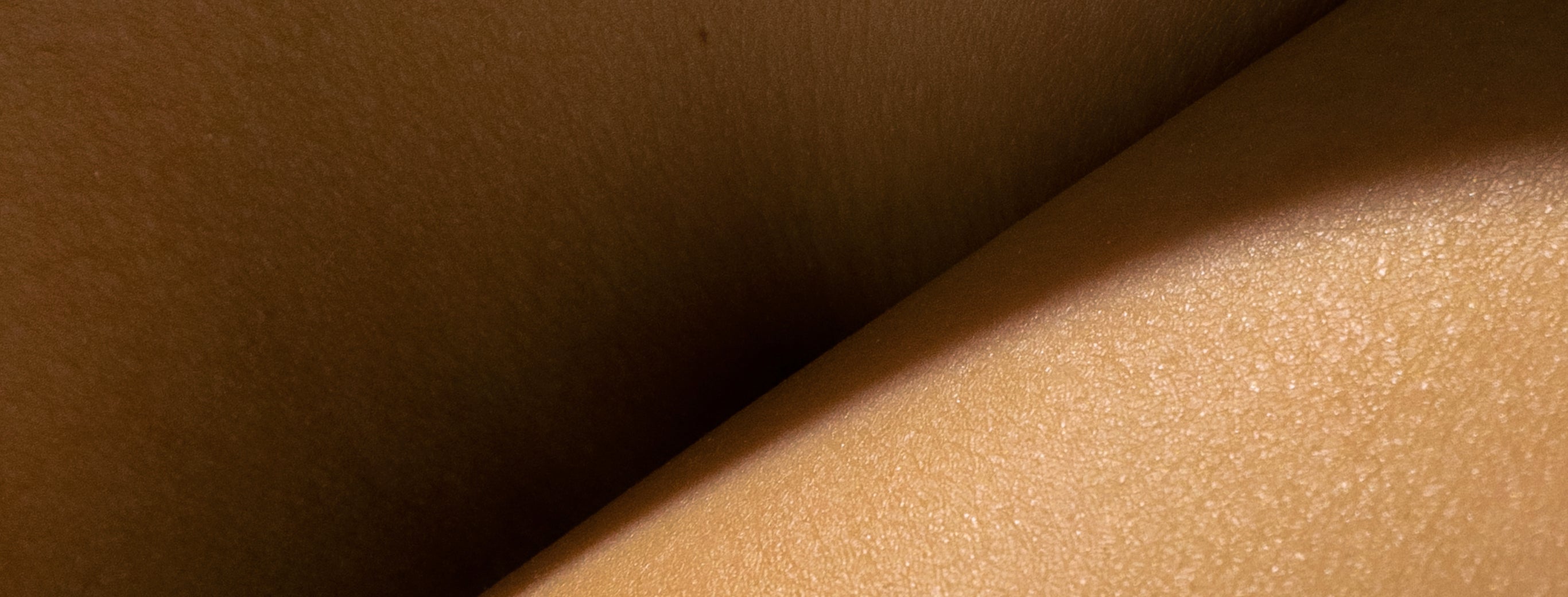Article: Plastic Surgery Recovery: Tips from a Dietitian
Plastic Surgery Recovery: Tips from a Dietitian

After spending so much time and money on the surgery itself, you want to protect your investment and maintain that result.
Dozens, perhaps even hundreds, of research papers prove that GOOD NUTRITION = A BETTER RECOVERY.
There are plenty of ways that nutrition can play a role in assisting with plastic surgery recovery.
As a specialized plastic surgery dietitian, I am here to give you my best nutrition tips and tricks for after your surgery.
Keep reading to find out more about what you can do to have a faster, stronger, and safer recovery after your plastic surgery!
What is plastic surgery recovery?
Plastic surgery recovery is the time after surgery, or called, “Downtime” where you spend healing from surgery. It is the time when your incisions are healing, your bandages are on, and/or you have caretakers taking care of you.
What are some tips to recover better after plastic surgery?
1. Start Walking
It is important to start walking as soon as your surgeon approves. This is often Day 0 or Day 1 of post-op.
Walking will help:
- Reduce constipation
- Reduce risk of blood clots
- Help maintain your muscle
Since these are both potential complications from surgery, walking is essential to incorporate into your post-op routine. Even just pacing around your house or walking to your mailbox will help!
2. Eat water-rich produce and don’t be afraid of laxatives
Water-rich produce will provide fiber and water...two nutrients you need post surgery. While most professionals recommend dried fruit, I recommend water-rich fruit for its fluid content and active nutrients.
Water-rich produce for after surgery are:
- Cucumbers
- Blackberries
- Pears
- Peaches
Narcotics are commonly prescribed to help with the pain after plastic surgery. The problem with narcotics is that they can cause painful constipation.
To help with this, it is recommended to use laxatives post-op while taking narcotics. This will assist with keeping your bowel movements regular and prevent blockages.
Eating water-rich produce and taking laxatives can keep you comfortable and prevent constipation. There are also natural fiber supplements too.
Consult with a dietitian (like myself!) if you have any questions about the type of laxatives to take and how long to take them.

3. Prepare your meals before your surgery
The best thing you can do for your recovery is to set yourself up ahead of time. This is especially true when it comes to meals and meal prep.
It is likely that after surgery you will have limited mobility and strength. You may not be able to prepare your own food. While eating out is an option, fast food and restaurant meals are often full of hidden sodium and additives.
High amounts of sodium and food additives can be harmful to your healing process. Instead, I encourage you to meal prep your meals prior to surgery. This will cut down on the number of hidden ingredients and will promote nourishing meals that are beneficial for your recovery.
Meal prep will look like:
- Make soups ahead of time and freeze
- Have a grocery list and recipes to give to your caretaker
- Precut your produce
Action Tip #1:
Preparing one meal–such as homemade, high protein, no added salt chicken noodle soup– and freezing it before surgery is one of the best ways to prepare for recovery.
4. Set up your recovery space before your surgery
As I mentioned with meal prep, setting yourself up for recovery is key. You may have trouble opening up containers, cups, and cabinets.
To help with this:
- place all napkins, flatware, cups, plates, and snacks on the kitchen counter
- put drinks in small containers, no larger than a quart size
- cover foods with Saran Wrap versus airtight containers
Having items out on the counter can make sure you aren’t stretching and opening up your incision.
These tips make eating and drinking more accessible after plastic surgery.
5. Have quick foods on hand
Keeping up with your nutrition is essential during recovery, but it is not always simple. It is easy to undereat and become malnourished due to not eating enough calories throughout the day.
Choose a high-protein smoothie or shake that you like and keep a few ready to go. Take sips of your smoothie every hour, all day long. You can even set reminders on your phone to help!
You also want to have other quick food options on hand besides just a shake. Ideas include yogurt, hard-boiled eggs, oatmeal, etc.
6. Don’t be afraid to call your surgeon
It is important to keep in touch with your plastic surgeon. If you have any questions about the recovery process, they will be a great resource for you to use. Don’t be afraid to ask questions and get the answers you need to properly heal!

7. Work with a plastic surgery dietitian to maximize your success!
The recovery process may seem overwhelming at first, but it doesn’t have to be! Working with a plastic surgery dietitian can help you optimize your nutrition to best fit your recovery needs.
They can help you plan out your meals, create a grocery list, implement meal prep strategies, and more! Having this extra accountability and support can be life-changing for plastic surgery recovery.
Plastic Surgery Recovery: The Takeaway
After reading this article on plastic surgery recovery, here are some of the key takeaways.
- Walk after surgery
- Eat water-rich produce
- Prepare your kitchen
- Prepare one meal before surgery
- Have quick foods on hand
- Reach out to me, a plastic surgery dietitian, to create a postop meal plan.
As a plastic surgery dietitian myself, I know the importance of adequate nutrition for post-op recovery. Don’t let your nutrition fall short because there can be serious consequences!
Follow us on IG here.
Watch our youtube videos here.
Before + After Vitals
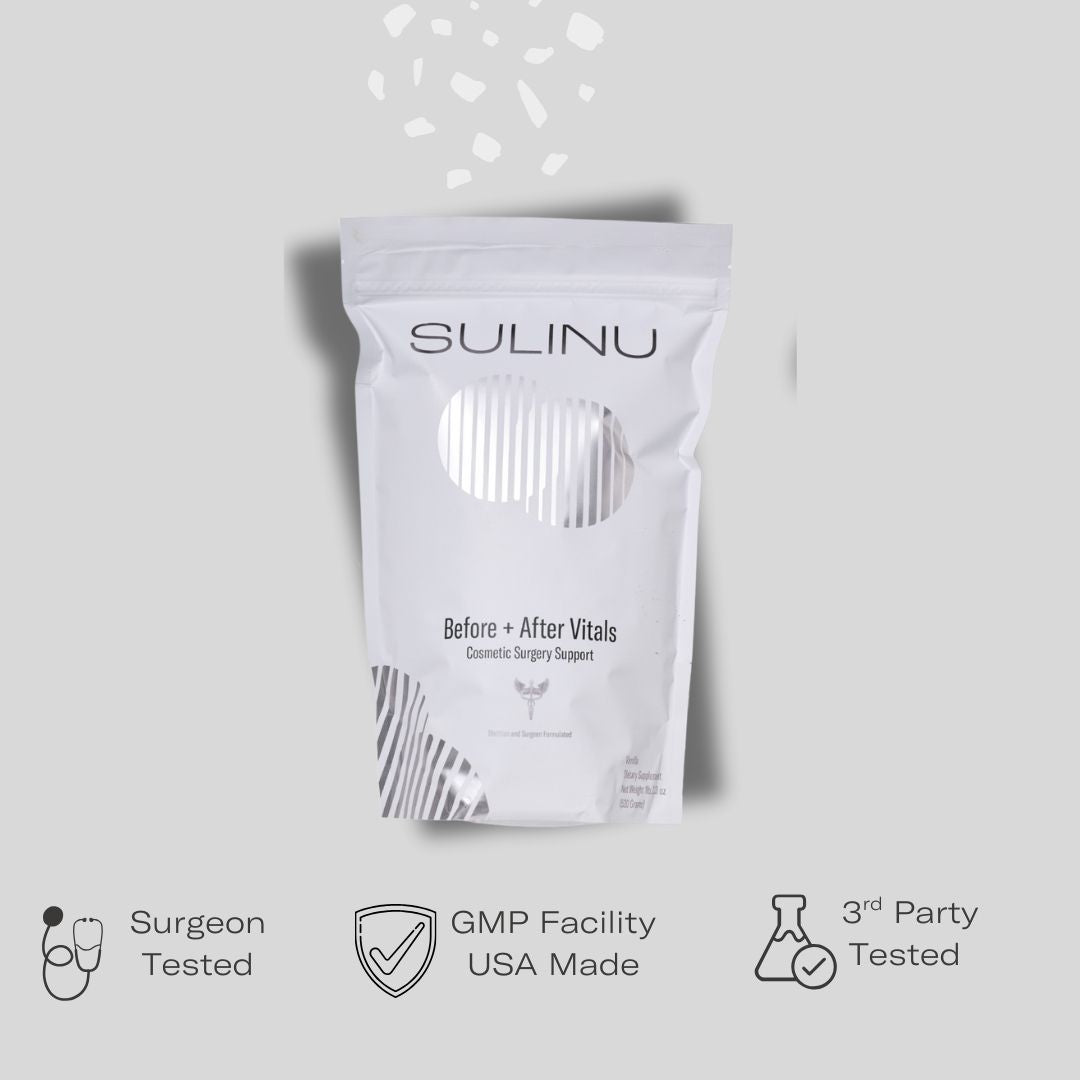
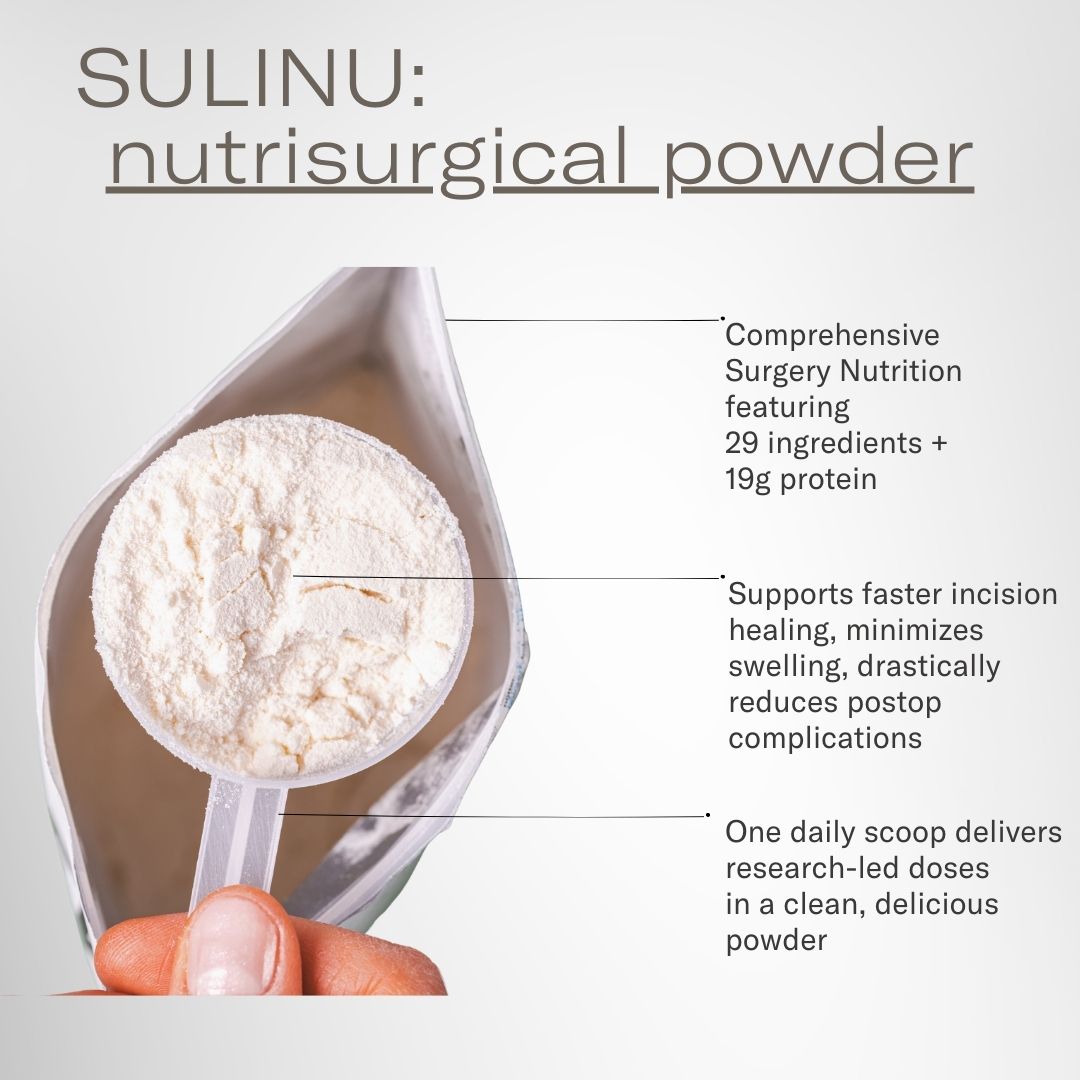
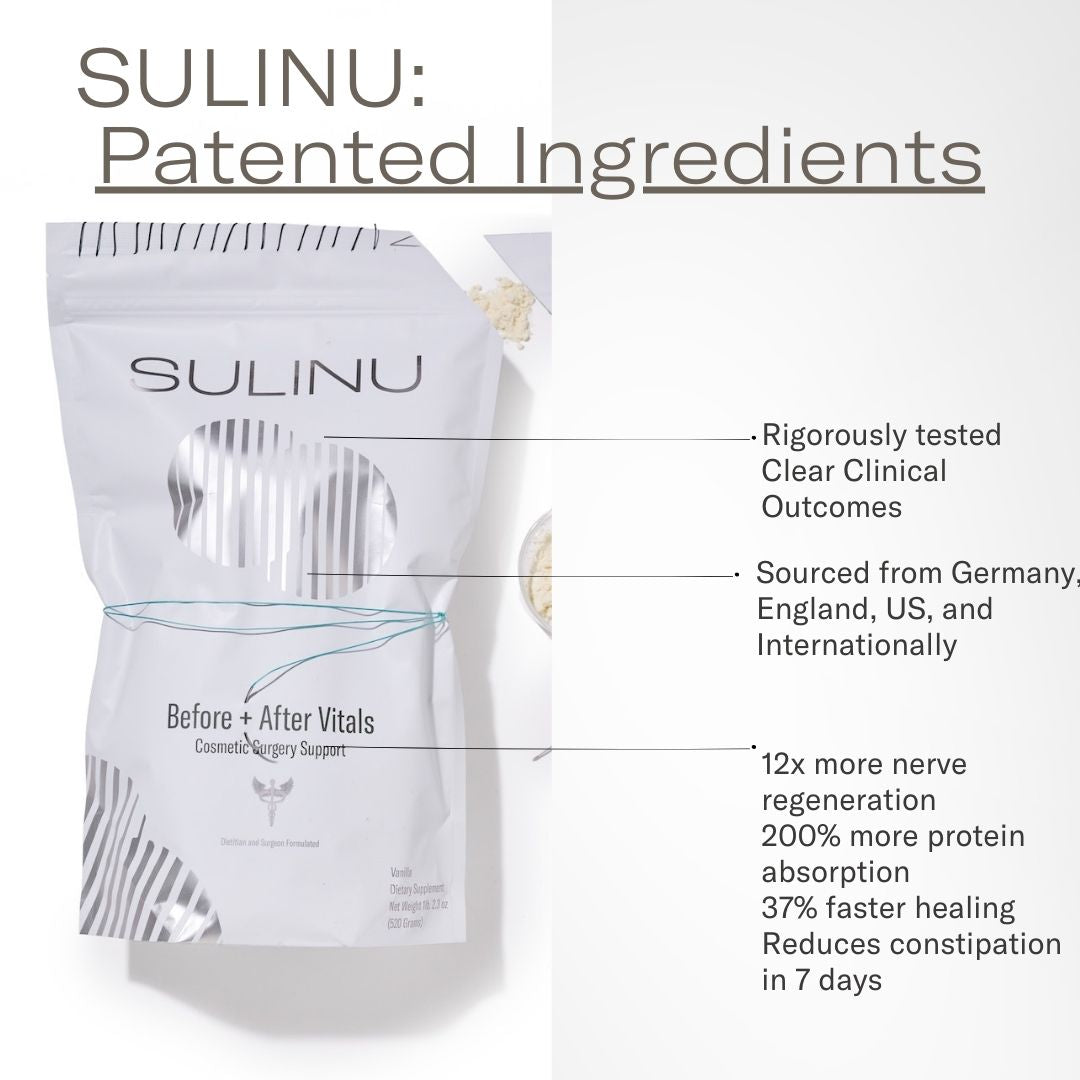
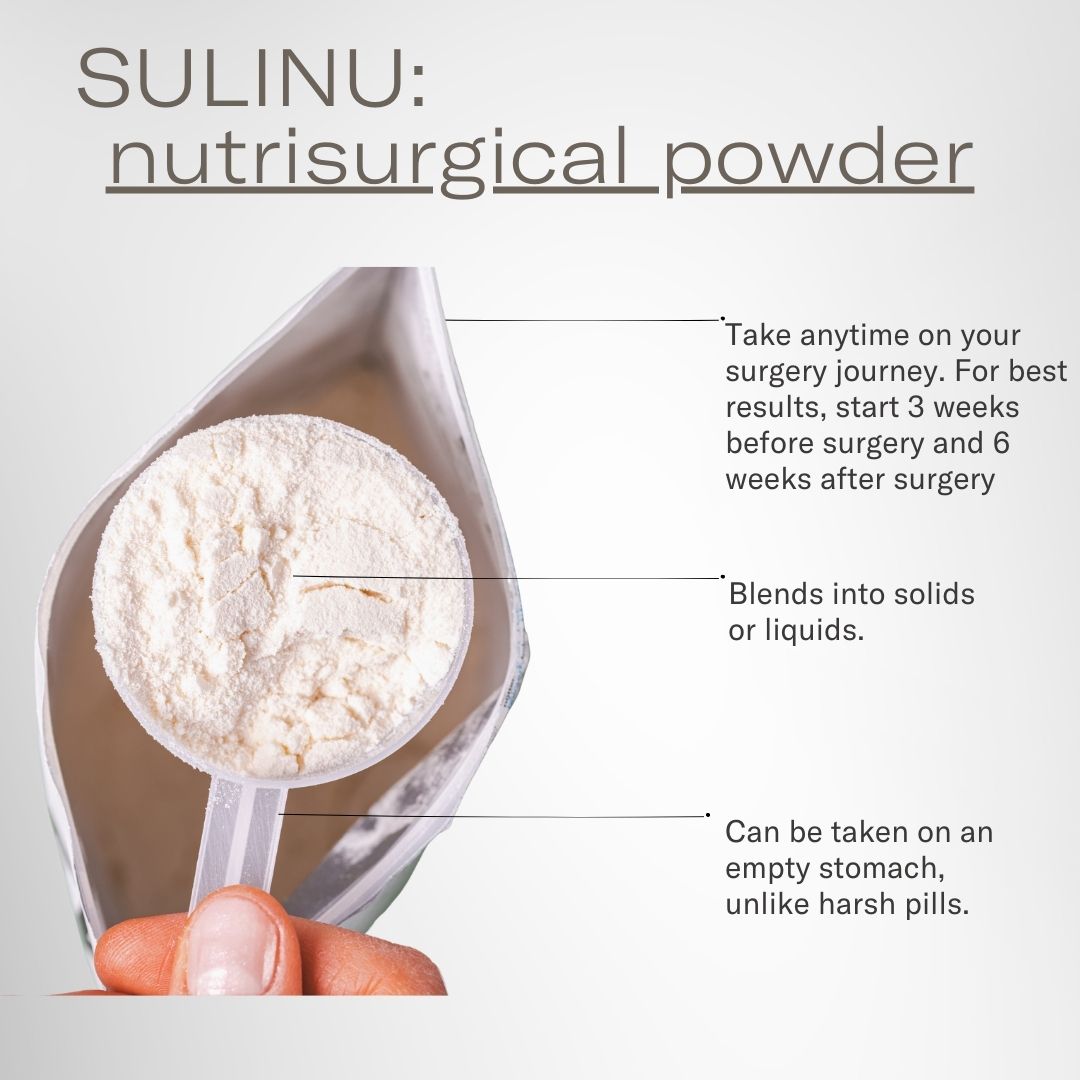
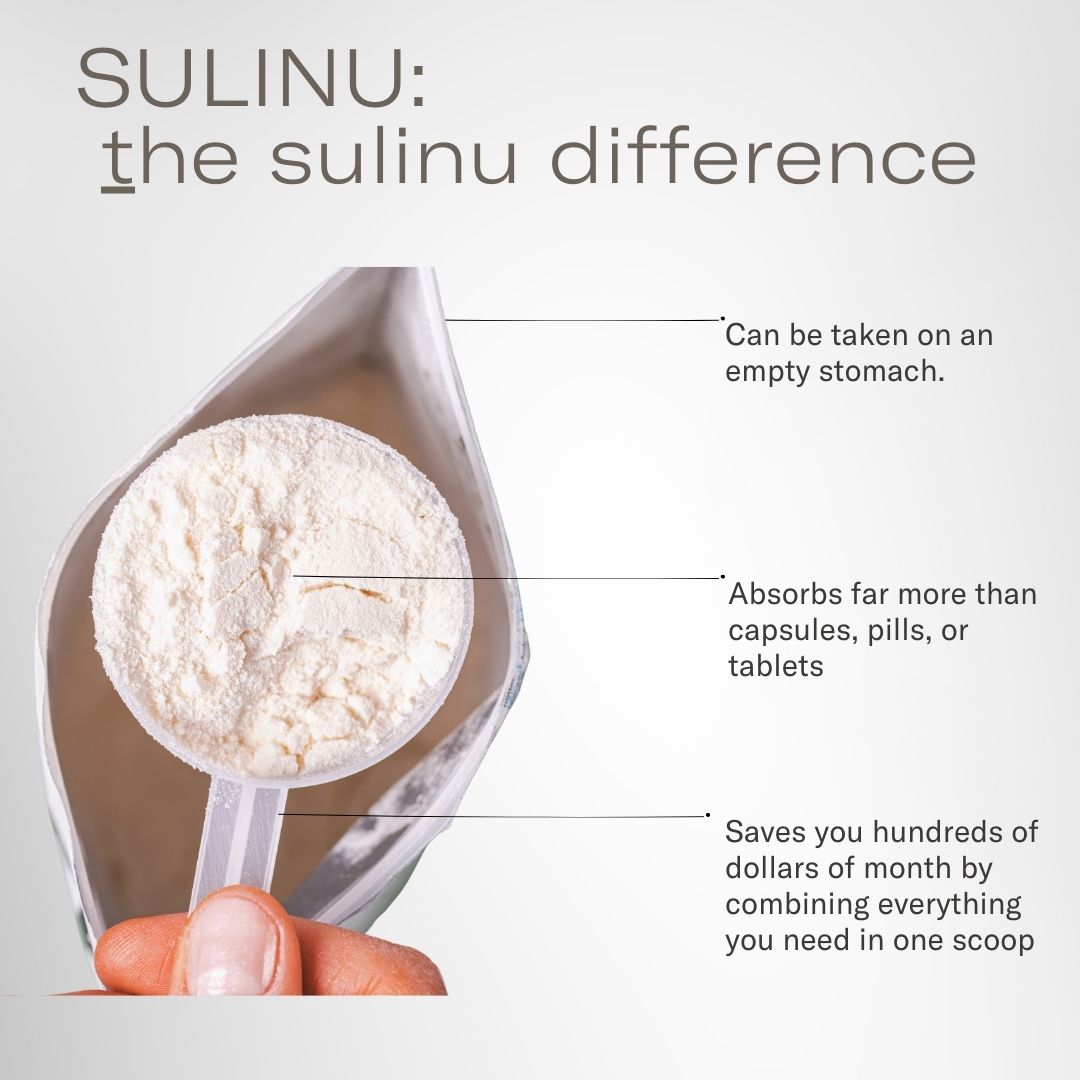
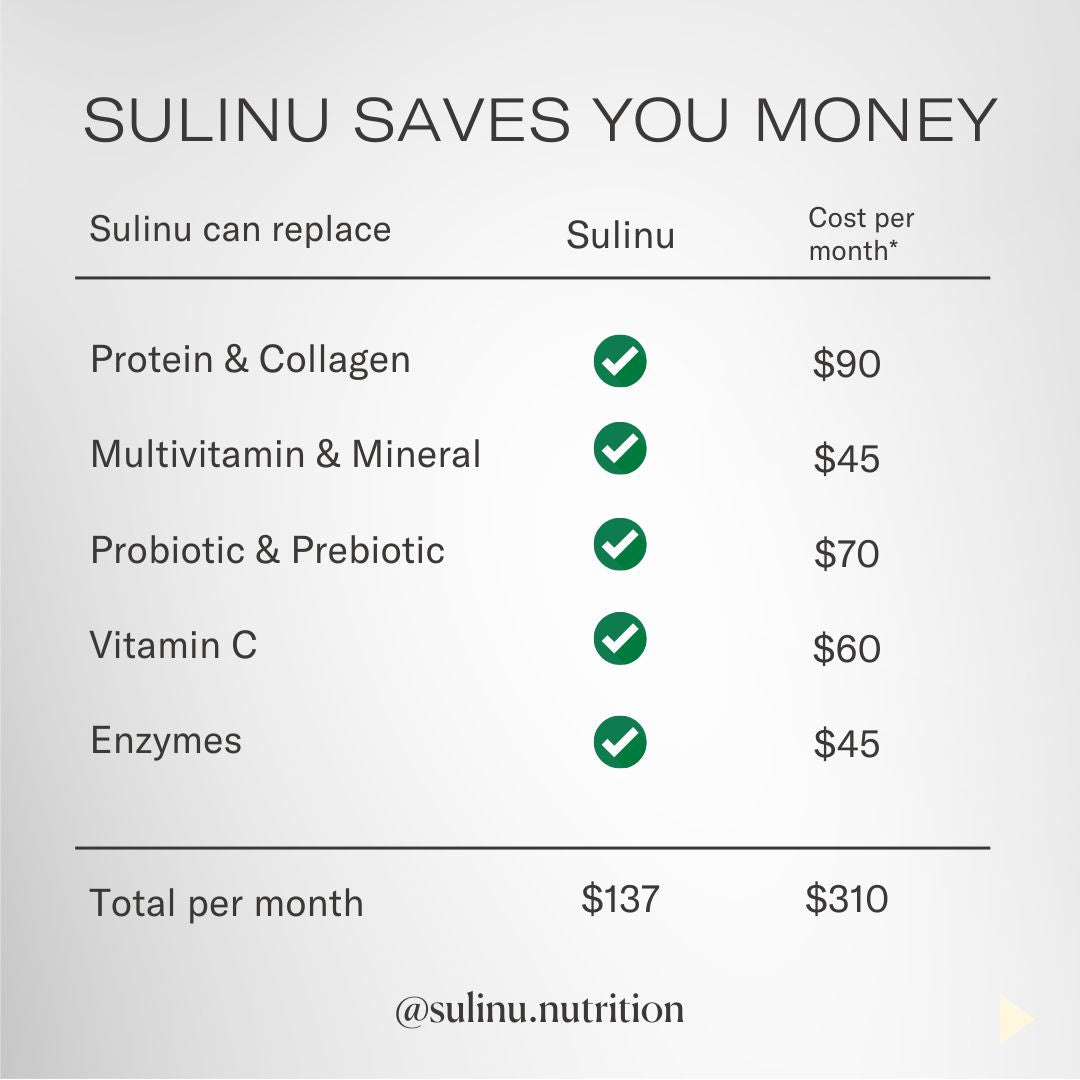
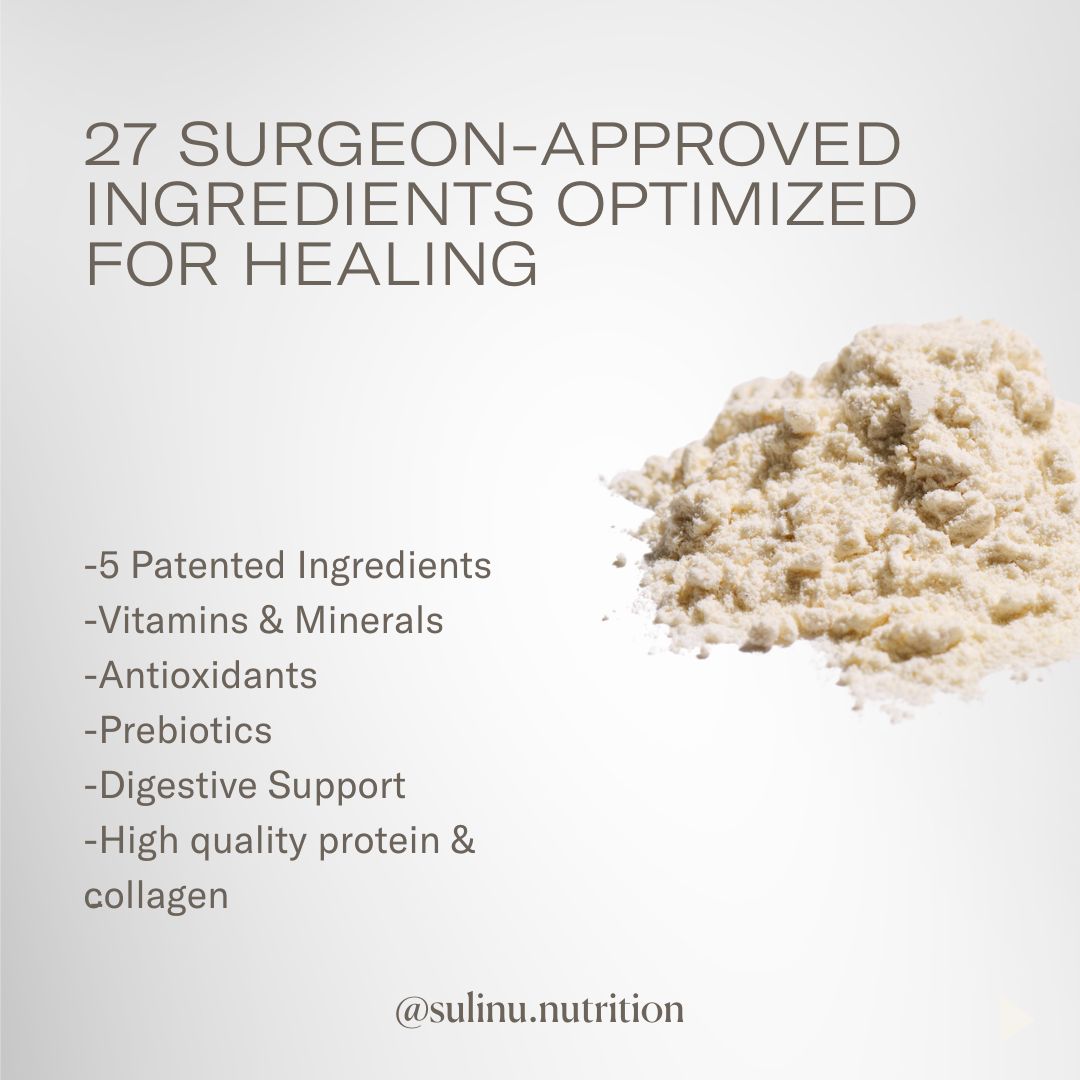
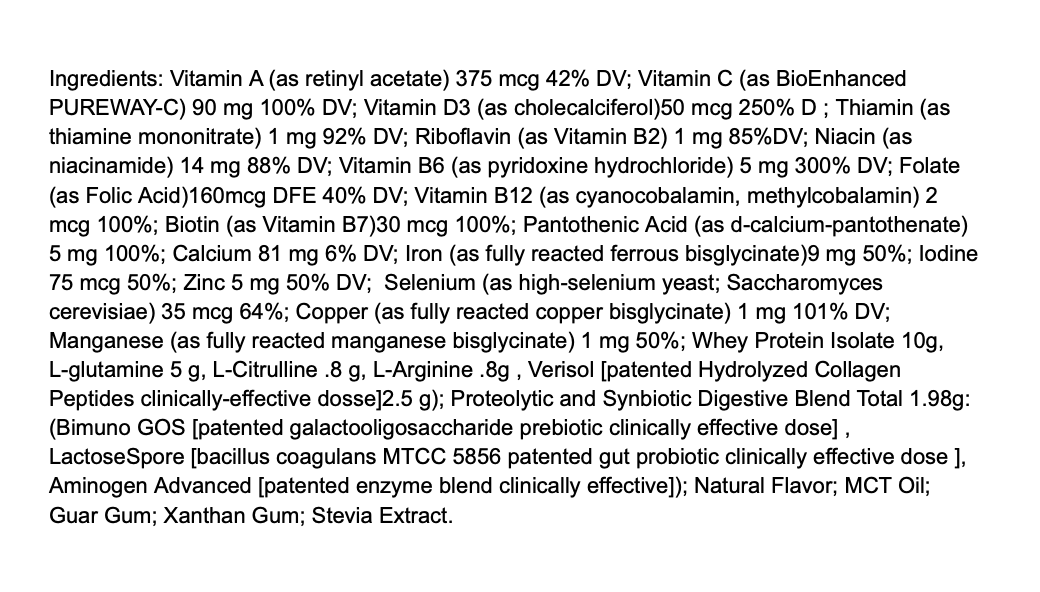
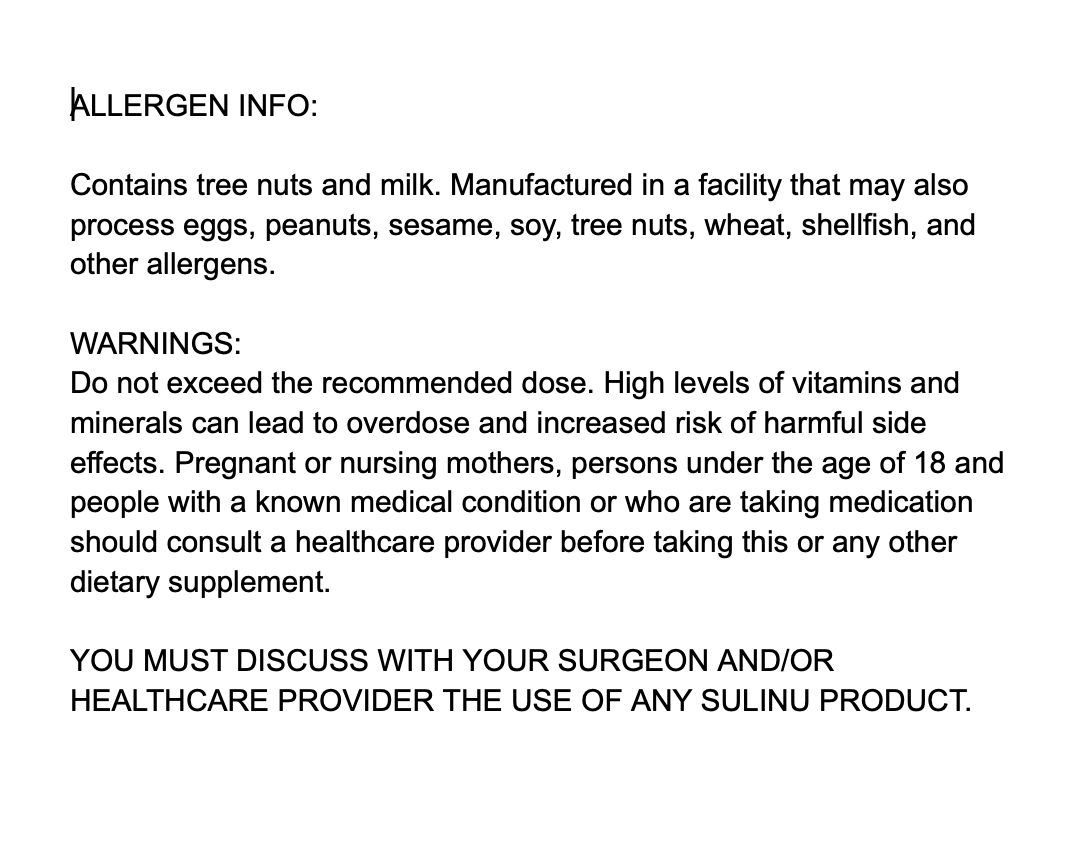
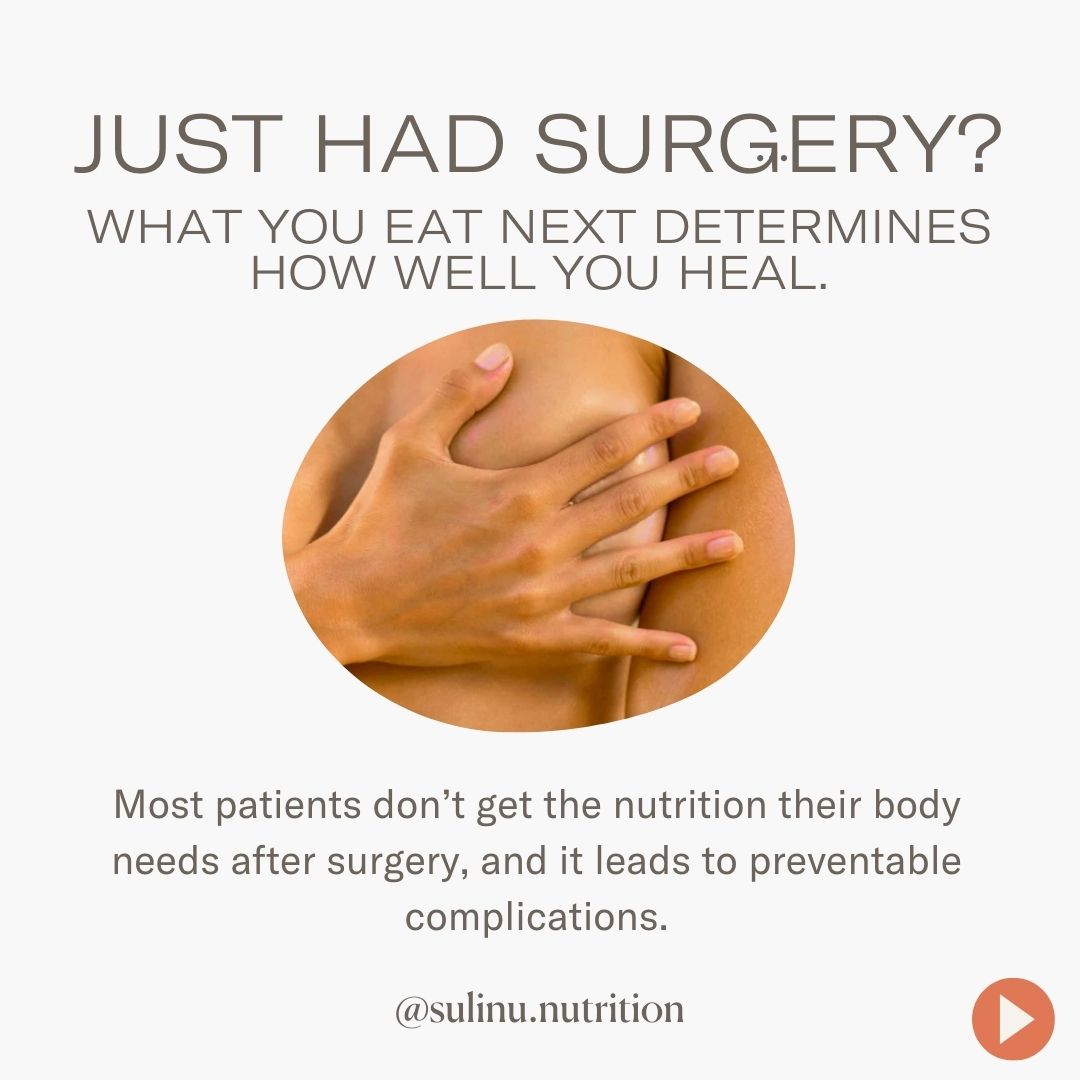
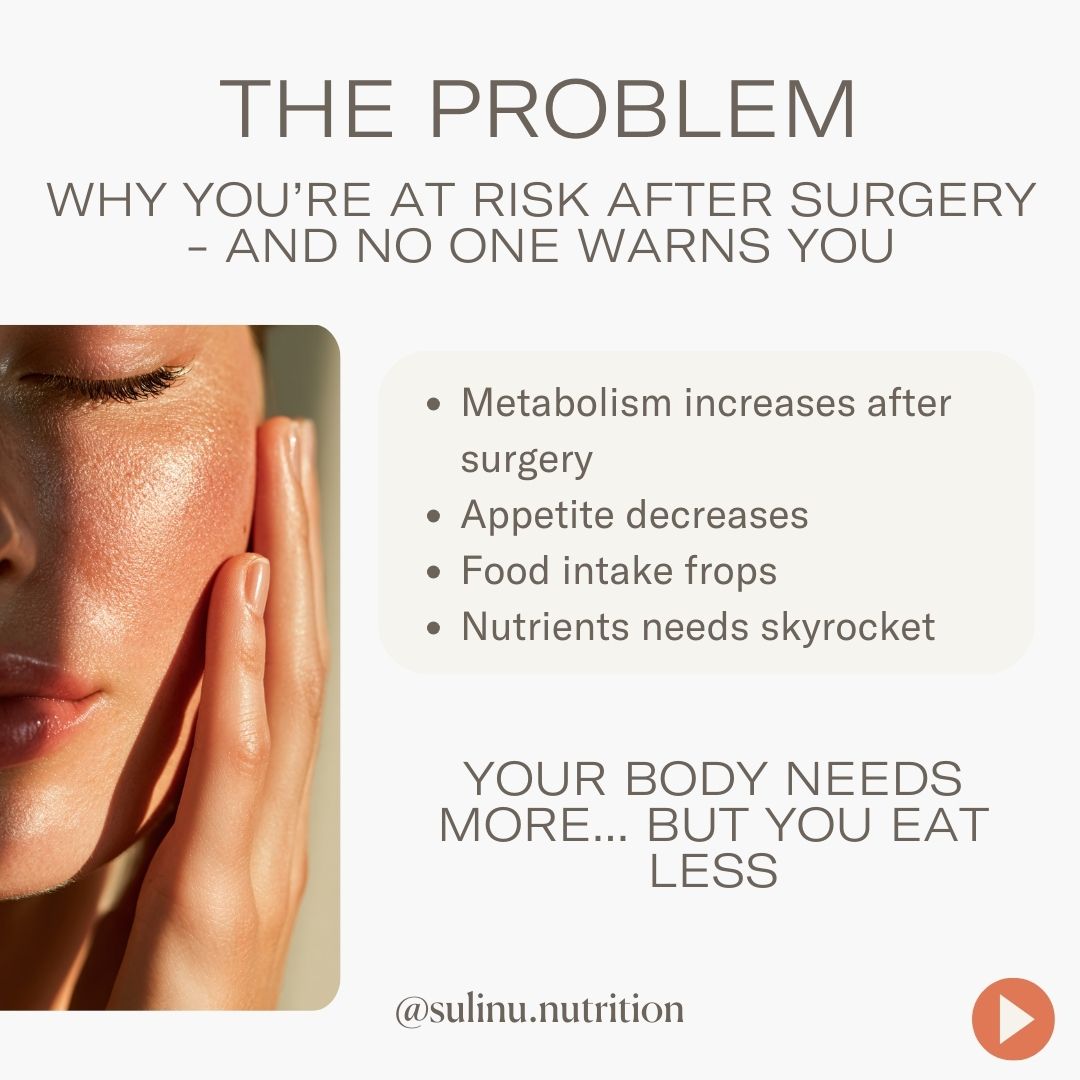
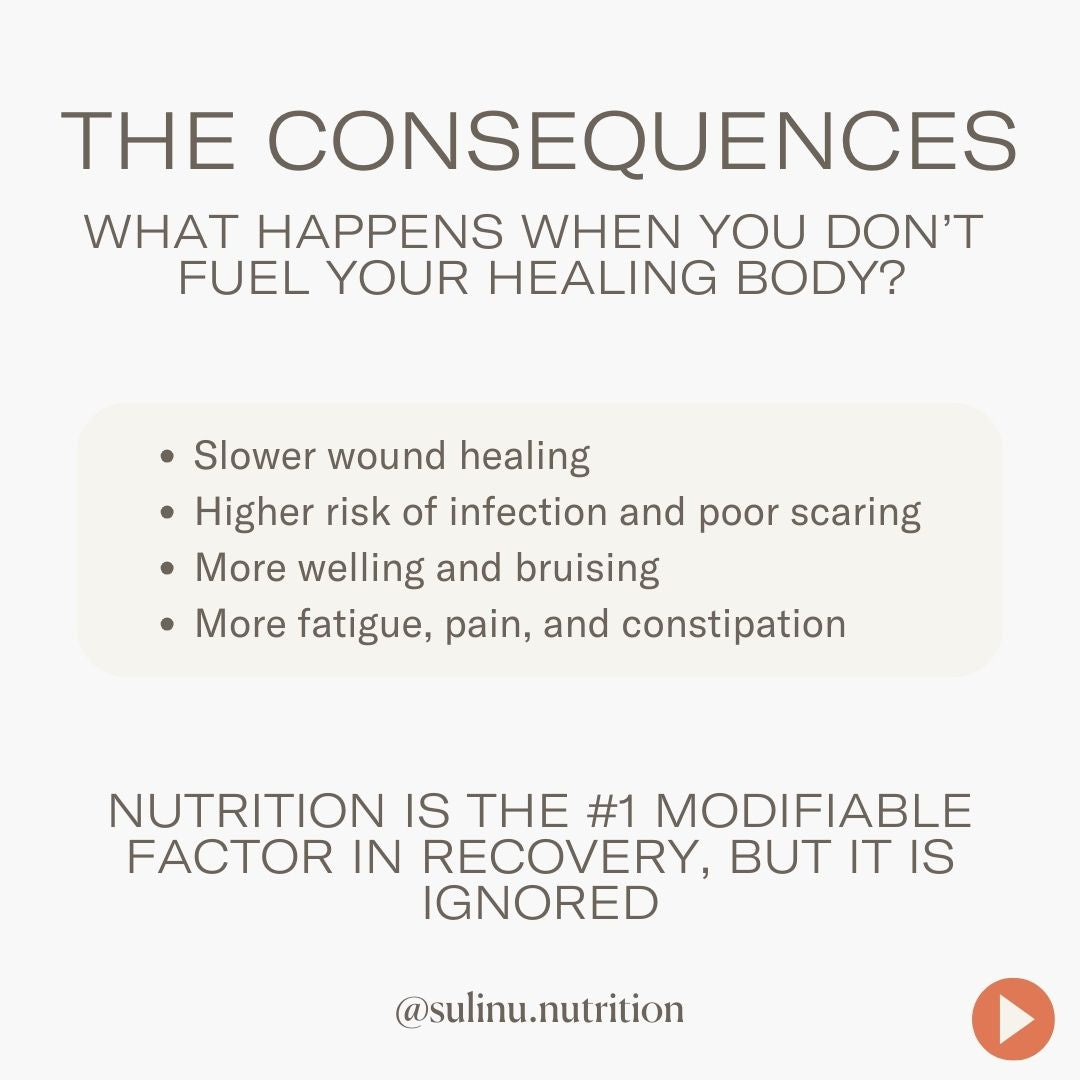
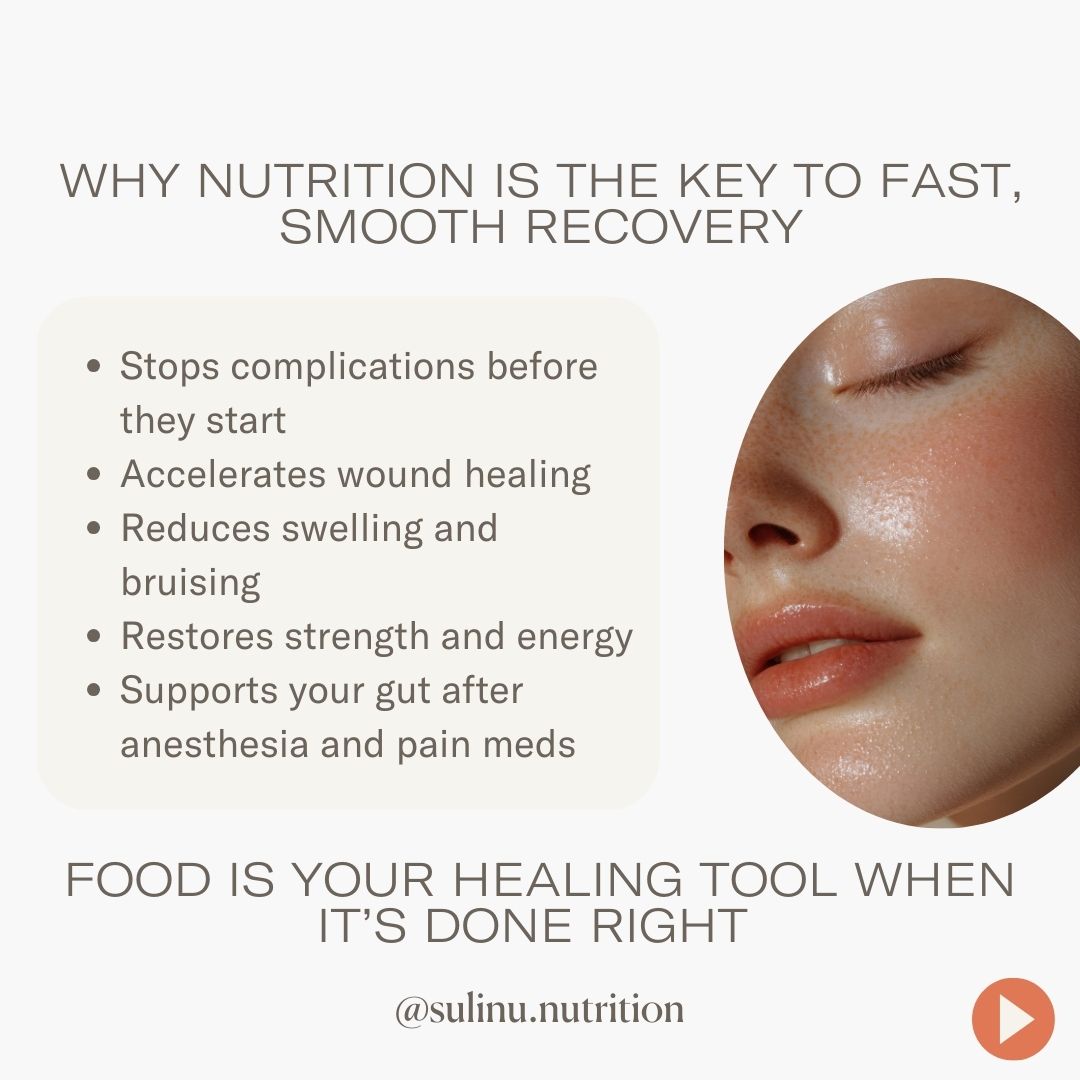
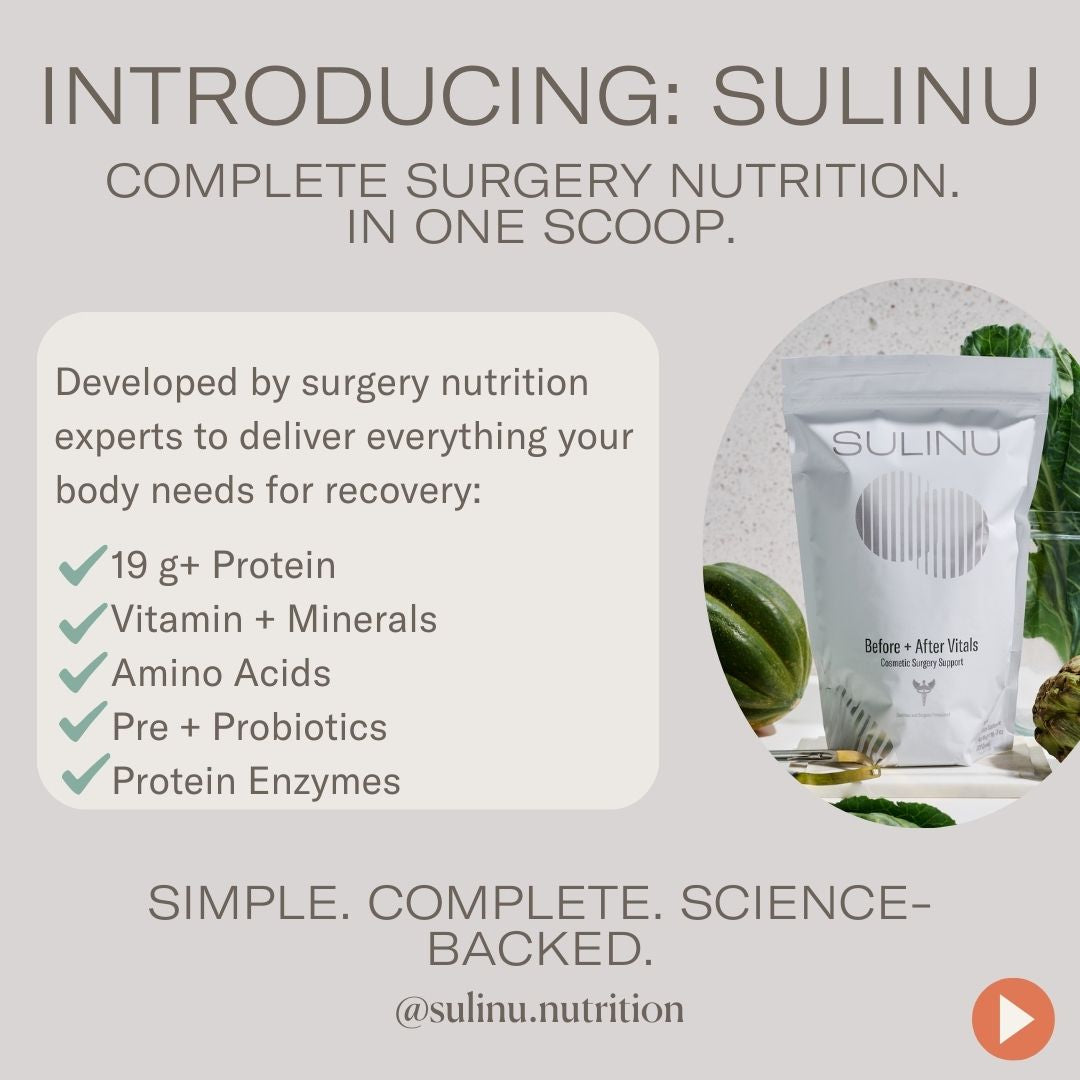
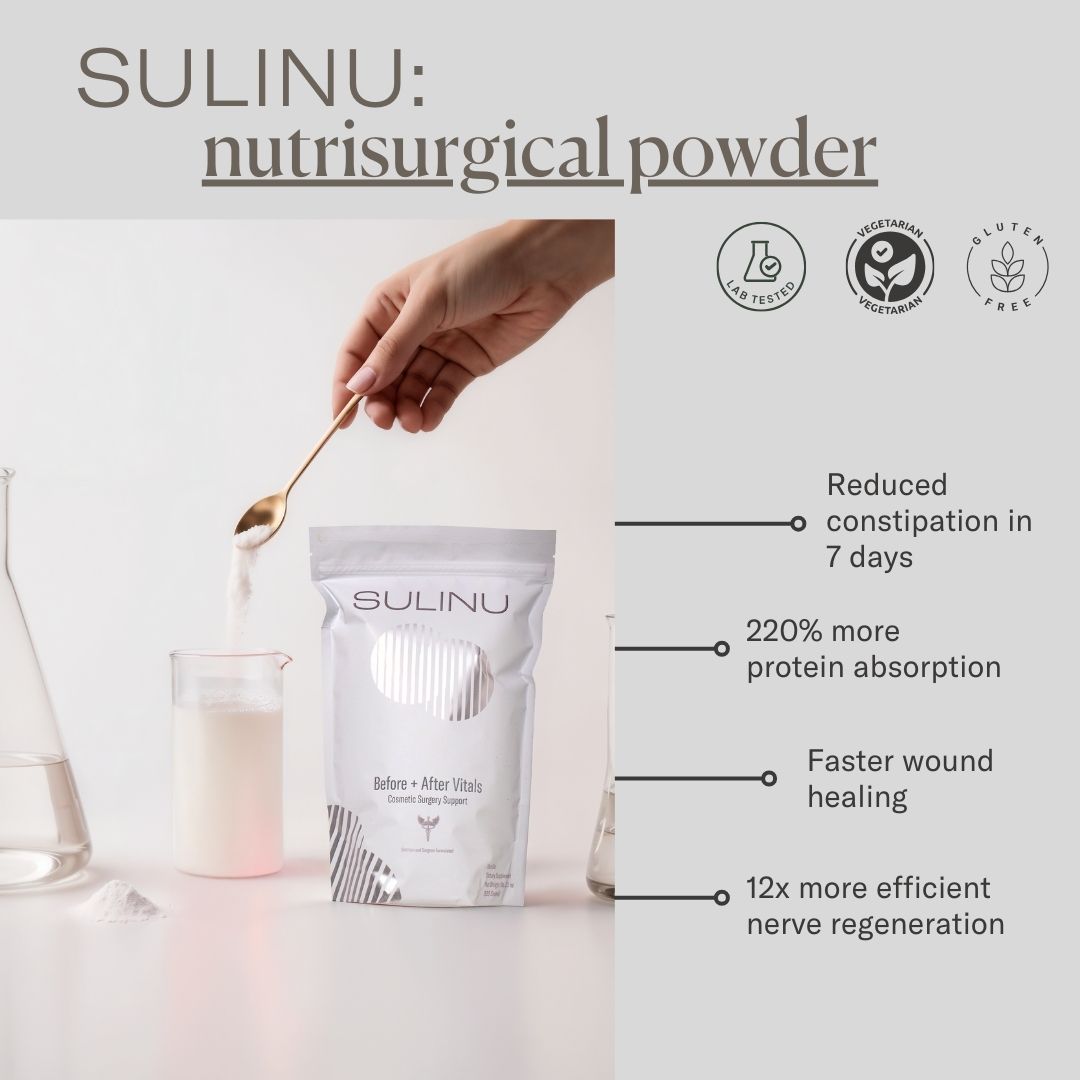
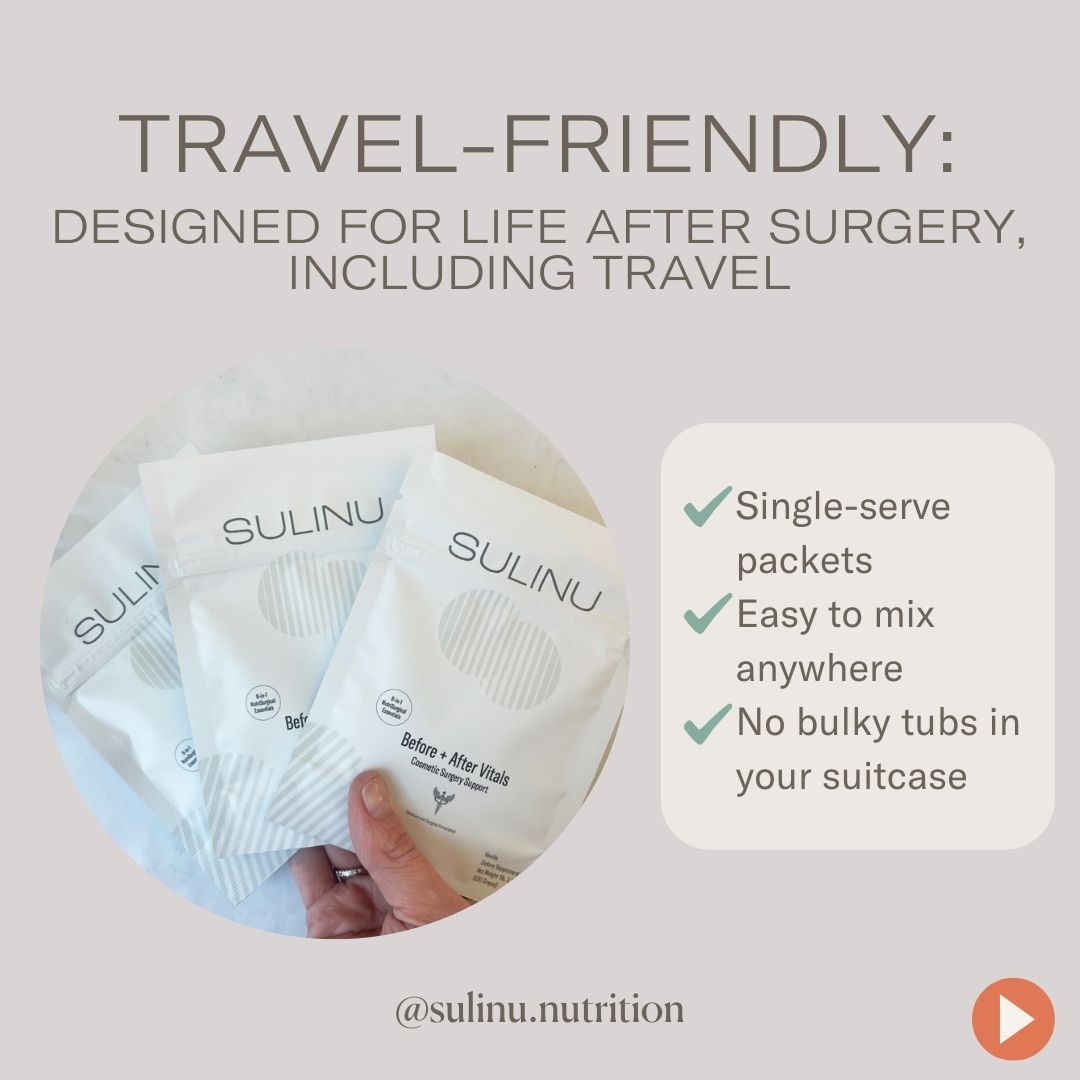
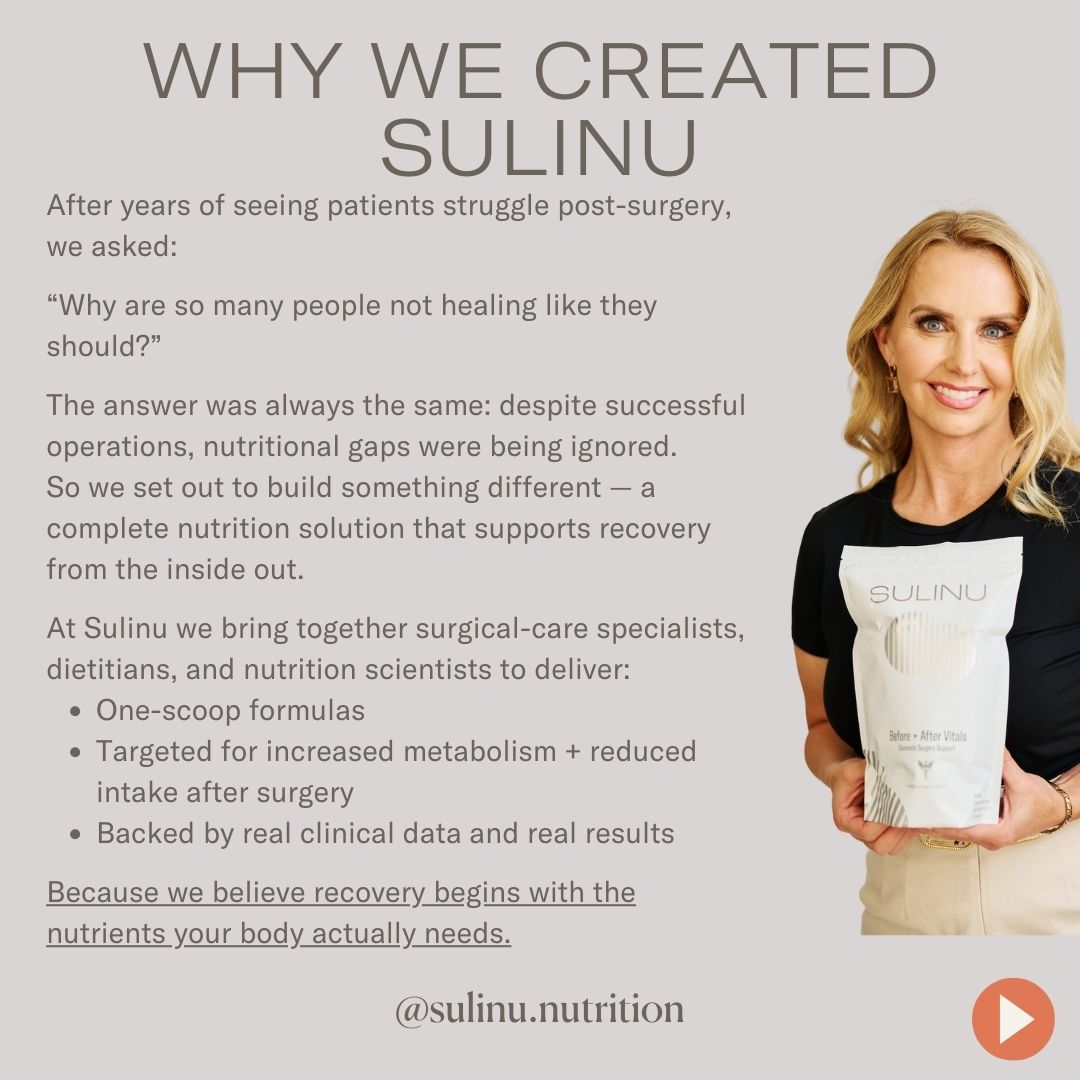
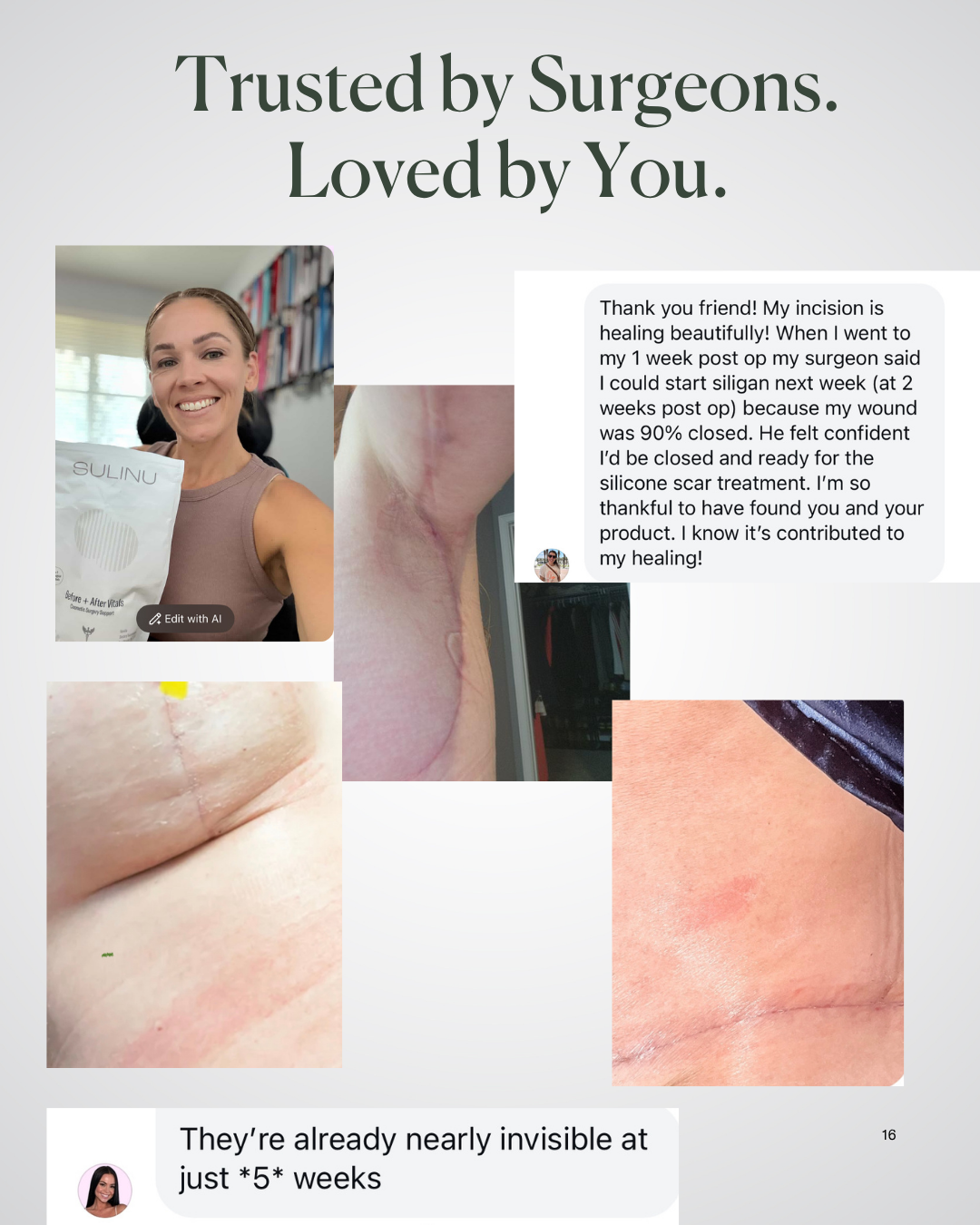
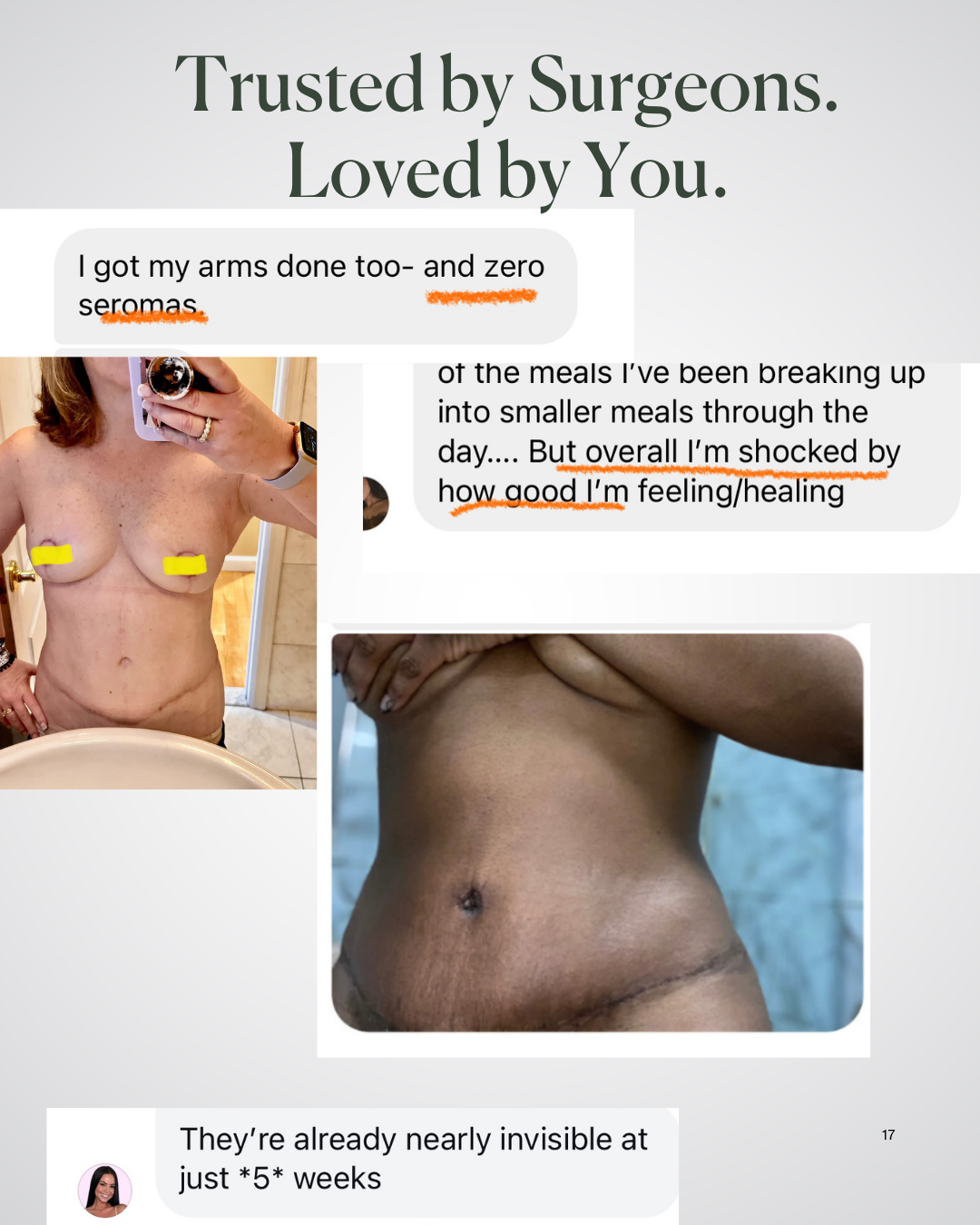
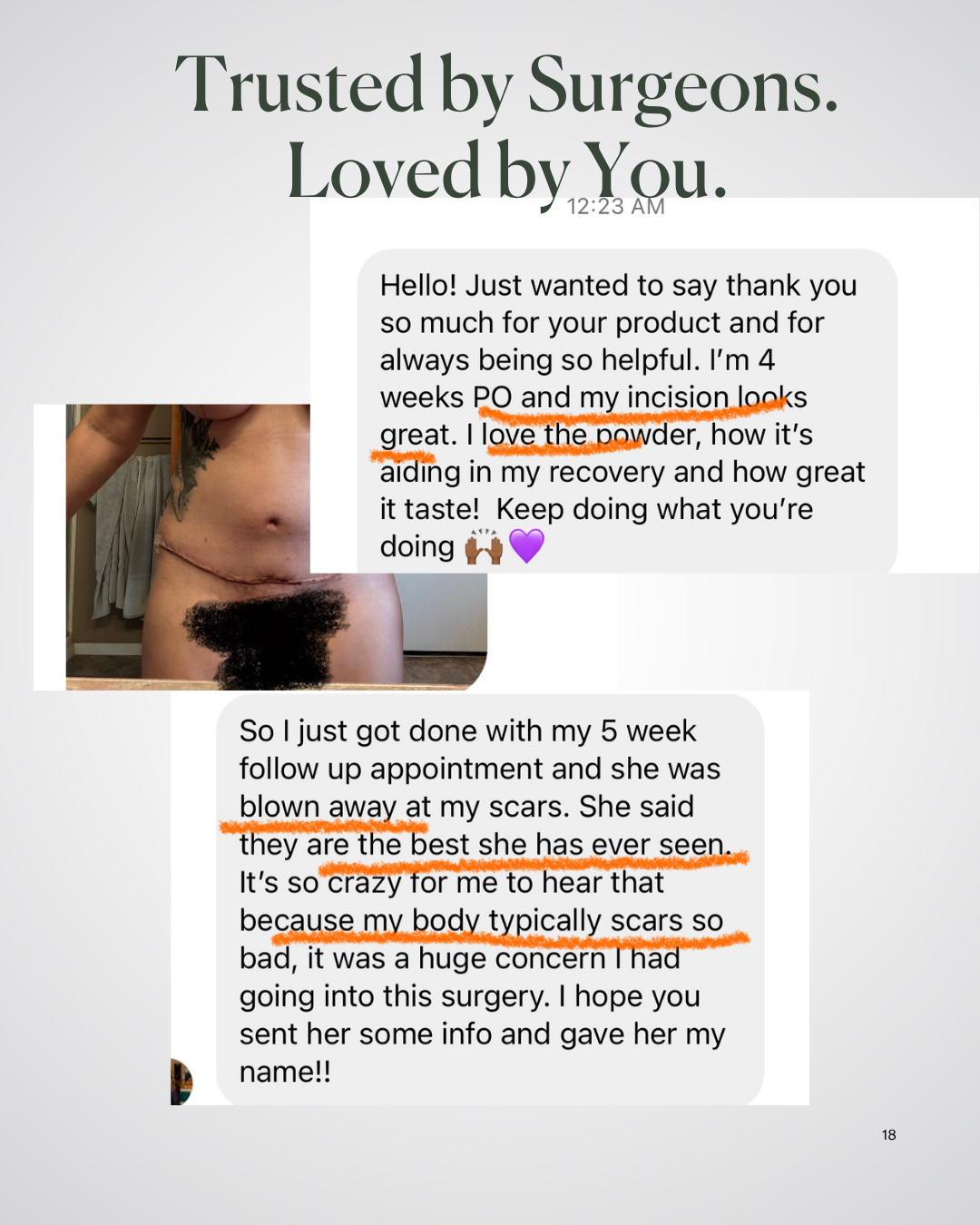
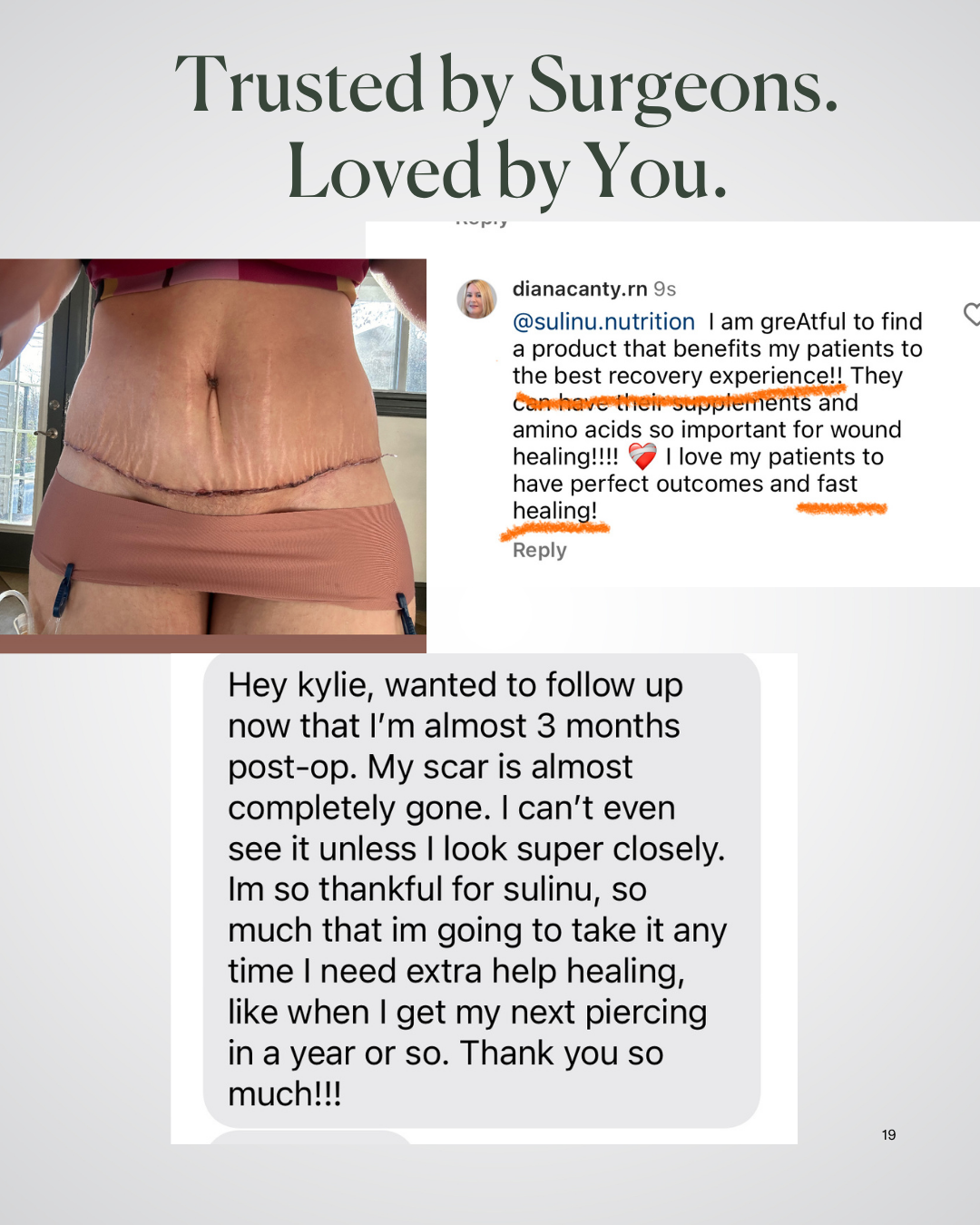
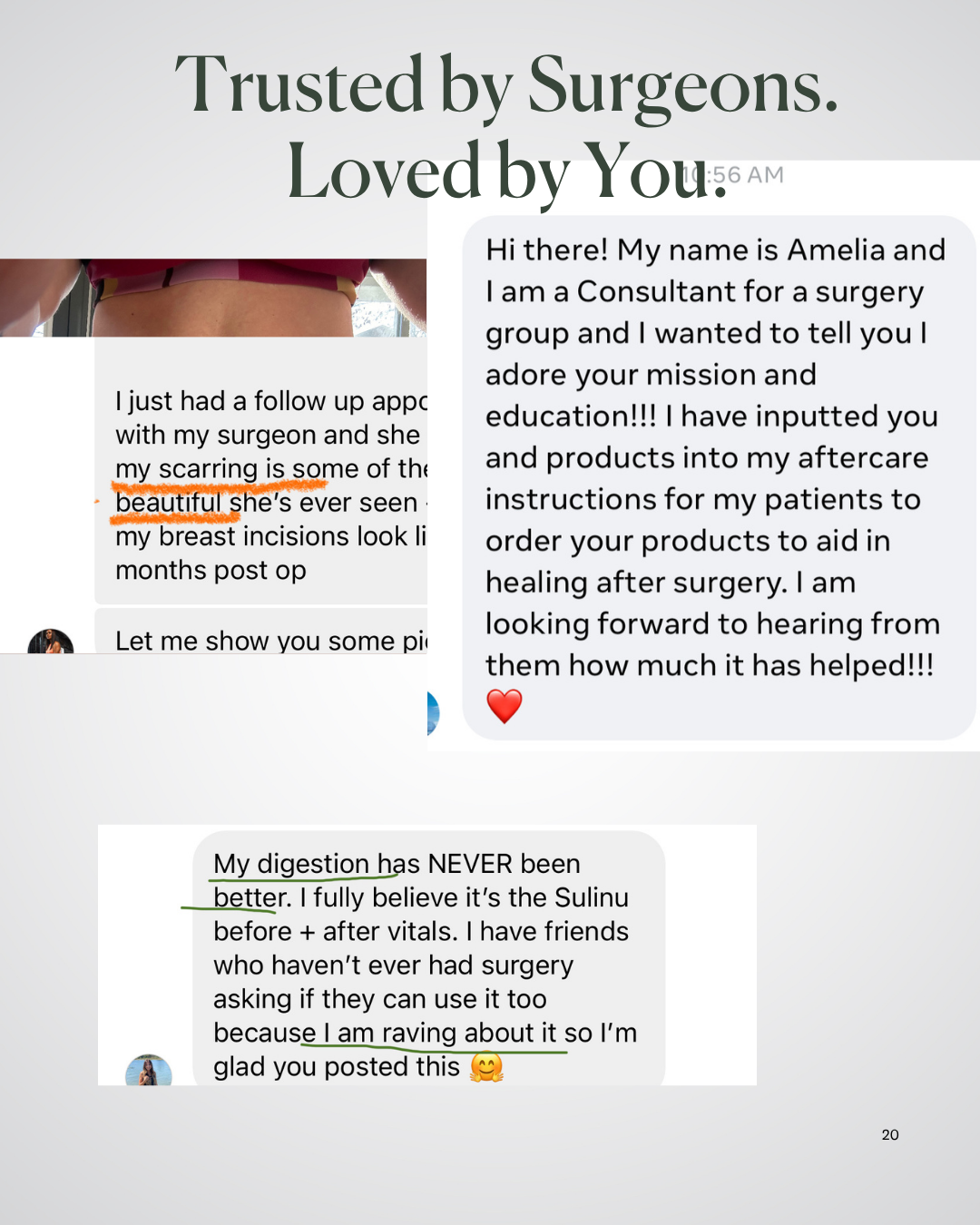
NUTRISURGICAL VITAMIN POWDER -(bag: Vanilla)
**FREE SHIPPING for orders over $150!!**
- 100% Money Back Guarantee
- Discreet Shipping-Your privacy is important
- We recommend 3 bags for any surgery for the best results
This Complete Surgery Powder gives you EVERYTHING you need IN ONE SCOOP.
Pre and Post Surgery Supplements for that near-invisible scar look.
"Can you believe it? [My incision scars] are nearly invisible at just 5 weeks!" -Jessie
Our pre and post surgery supplements are packed with vitamins for wound healing after surgery
- 3rd party tested
- Gluten-Free
- Vegetarian Whey
-
27 Surgeon-Approved Ingredients
- In bioavailable forms
-
5 Patented Ingredients
- Patented is the HIGHEST standard of ingredients
- Faster Incision healing
- Gut microbiome studied
- Clinically tested
- Sourced from Europe and Internationally
- Therapeutic Dosages
Perfect for:
- Before Cosmetic Surgery
- After Cosmetic Surgery
- Slow-to-heal incisions or wounds
- Using a GLP and needing extra nutrition
- Can begin taking at anytime on your surgery journey, EVEN if you are weeks after your surgery! Your scar is healing for a least a year after your surgery date.
How to use:
- Use 1/2 to 1 scoop a day. Max 1 scoop a day for at least 6 weeks postop.
- We recommend 3 bags: Use 1 bag before surgery and 2 bags after surgery
Nutrisurgical Vitamin Powder with Patented, Clinically-tested Ingredients.
All your Protein, Collagen, Amino Acids, MicroNutrients, Synbiotics and Enzymes in ONE SCOOP to give you a seamless recovery after cosmetic surgery.
Note: This product is also commonly used by GLP (Ozempic, Semiglutide, etc) patients to prevent nutrient depletion and Ozempic face
Our Survey Results*:
79% reported a beautiful incision
85% reported a faster recovery
90% liked the taste
X Gluten X Soy X Artificial Colors or Flavors X GMOs
*based upon our postop survey 2024
Introducing BEFORE + AFTER VITALS, the ultimate surgeon-endorsed nutritional supplement tailored exclusively for plastic surgery recovery.
Fears of infection, inflammation, slow-to-heal incisions, and bruising are taken head-on by this super fine, quick-to-dissolve powdered supplement. Add a delicious hit of vanilla flavor to your cold or warm drinks, smoothies, or culinary creations.
1 pouch is 20 servings.
ALLERGY info: Contains lactose. Product was processed in a facility that may also process eggs, peanuts, sesame, soy, tree nuts, shellfish, and other allergens.
